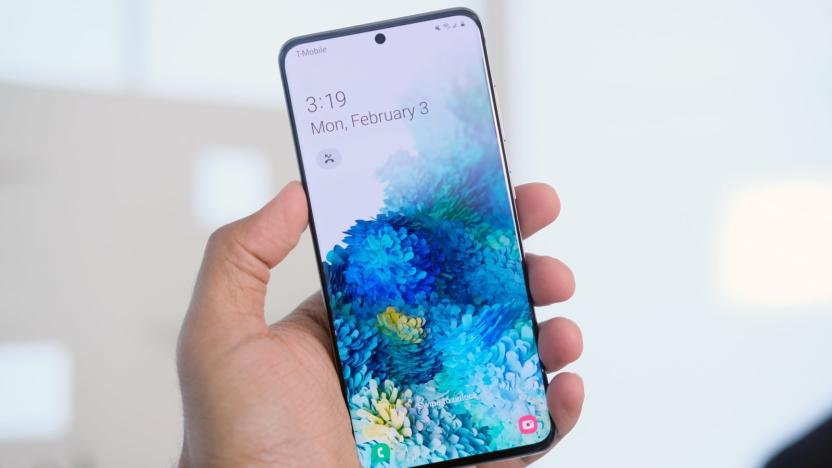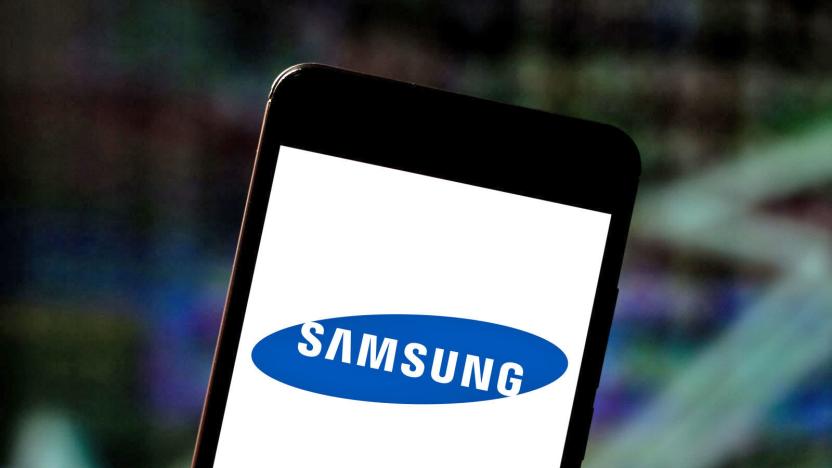usb power delivery
Latest

Samsung Galaxy S20 is the first phone certified for USB fast charging
The Samsung Galaxy S20 series is now the first smartphone lineup to receive USB fast-charger certification from the USB Implementers Forum (USB-IF), the organization leading the advancement of USB tech. The certification verifies that the Galaxy S20 series supports Programmable Power Supply (PPS) and USB Power Delivery (USB PD) 3.0 specification. For users, this means that the phones will work with certified third-party fast chargers.

Samsung chips promise secure 100W USB-C fast charging
Samsung released two new USB Type-C power delivery (PD) controller chips for power adapters, SE8A and MM101. The chips included built-in security safeguards and are able to communicate with devices that meet USB-PD 3.0 specifications to deliver the optimum power for each device. With up to 100W-charging, they support fast charging on power-hungry products like laptops and tablets, too.

USB Power Delivery spec upped to 100W, aims to make proprietary power connectors obsolete
The battle between Thunderbolt and USB 3.0 has only recently begun in earnest, what with mobo's finally emerging to give non-Mac computers access to the 10Gbps interface. While USB 3.0 can't match Thunderbolt in terms of data throughput, it now has the upper hand in power capabilities, as last week the 100W Power Delivery spec was approved for both USB 2.0 and 3.0. That's ten times what Thunderbolt can do, and it means that you can charge up your laptop or power most any peripheral via Universal Serial Bus. Naturally, the new specification relies on beefier cables to deliver maximum juice, but we won't have to go replacing all our old wires -- it includes a means to check attached cables and devices and set the voltage and amperage accordingly. Perfect, that means we won't have to carry around bundle of proprietary power cords when we travel, and we get peace of mind that charging via USB won't have any, ahem, unpleasant side effects.

